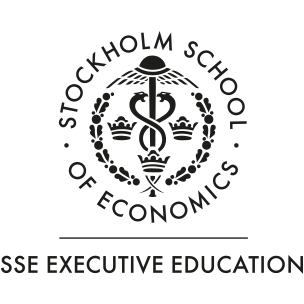Andragogy – whose responsibility?
There is a need for a mind shift regarding the the power of andragogy and adult human potential to learn for life.
This is essentail for any society who wants to stay competetiv in a global market.
As the The Economist of 28 March 2015 stated in its cover article, “The whole world is going to university”. More and more people from both the industrialized world and developing countries are applying to universities and colleges. It is evident that individuals and societies attach great importance to higher education and are prepared to invest considerable resources in it. At the same time, it is difficult to measure the value of a university education. Especially when “everyone” will soon have one.
A related question, that The Economist only touched on, is at what stage of life someone should be in higher education. Today it is customary for people to spend a number of years at university in their early 20’s in order to be “fully educated” for a life-long career, with only occasional short courses thereafter. However the evidence is that people are returning to universities and colleges a few years later to replenish their knowledge.This has several advantages. For example, people do not need to complete their training before starting a family or a career. And people who continue to develop through education can strengthen both their own competitiveness as well as that of the businesses they work for.
What challenges does this development pose for employers, workers and universities? It has been shown that there is a big difference between educating children (pedagogy) and educating adults. Malcolm Knowles coined the term “andragogy” in referring to the education of adults rather than children, and offered the following set of principles:
- Learner’s need to know (why, what, how)
- Self-concept of the learner (autonomous, self-directing)
- Prior experience of the learner (resources, mental models)
- Readiness to learn (life-related, developmental task)
- Orientation to learning (problem-centered, contextual)
- Motivation to learn (intrinsic value, personal payoff)
(Knowles et al 2015*)
However when it comes to the sixth principle, research shows that it’s not just personal payoff that creates motivation, and that sometimes motivation is simply missing from people’s working lives. So who is responsible for motivating people to continue learning? Is this a task for society as a whole, which should be underpinned by changes in taxation and opportunities for greater labor mobility? Today we see age discrimination where employers are reluctant to hire people approaching the age of 50. Or is this yet another task for today’s hard-pressed managers, not just to rely on employees’ own motivation to develop, but also to stimulate it? Probably both. There is a need for a mind shift regarding the the power of andragogy and adult human potential to learn for life.
*The Adult Learner. The definitive classic in adult education and human resource development by Malcolm S. Knowles, Elwood F. Holton III and Richard A. Swanson. 2015. Routledge, New York.
More on Center for advanced studies in leadership at Stockholm School of Economics.


